Colin Farrell Reveals He’s Putting His 21YO Disabled Son Into A Long-Term Care Facility
Actor Colin Farrell has shared a deeply personal and hard decision regarding the future of his 21-year-old son, James, who lives with Angelman syndrome, a rare neurological condition.
In an interview with Candis magazine, the 48-year-old actor revealed that he and James’ mother, Kim Bordenave, have made plans to place their son into a long-term care facility—in fear of what will happen when they are no longer alive.
“Some parents will say, ‘I want to take care of my child myself.’ And I respect that,” Farrel explained. “But my horror would be… What if I have a heart attack tomorrow, and, God forbid, James’s mother, Kim, has a car crash and she’s taken too—and then James is on his own?”
The actor said that he opted to make the decision now, rather than wait for the worst to happen and being unable to decide where his son ends up, and what type of care he receives.
Colin Farrell shared that he made the difficult decision to place his disabled son in long-term care

Image credits: Neilson Barnard/Getty Images
“Then he’s a ward of the state and he goes where? We’d have no say in it,” the actor continued.
Farrell and Bordenave, who dated from 2001 to 2003, are now actively searching for a facility that can offer James both stability and a sense of belonging. “We want him to find somewhere where he can have a full and happy life, where he feels connected,” Farrell added.
James was diagnosed with Angelman syndrome at two and a half years old, after initially being misdiagnosed with cerebral palsy.

Image credits: kimbordenave
“He couldn’t sit up. He wasn’t crawling. I think he was a year and a half when we took him to get really checked out, and he was diagnosed as having cerebral palsy,” the actor recalled.
Kids showing developmental delays are commonly thought to have cerebral palsy. Both conditions share similar symptoms, but differ in their underlying causes.

Image credits: People
Cerebral palsy is a non-progressive motor disorder caused by brain injury, resulting in motor impairments like poor balance, difficulty with coordination, and muscle weakness.
On the other hand, Angelman Syndrome is caused by a genetic mutation of a specific gene—UBE3A—and comes with additional behavioral symptoms like seizures, frequent laughing, and speech problems.
Angelman Syndrome’s most notable symptom is its patients tendency to spontaneously laugh and be excited
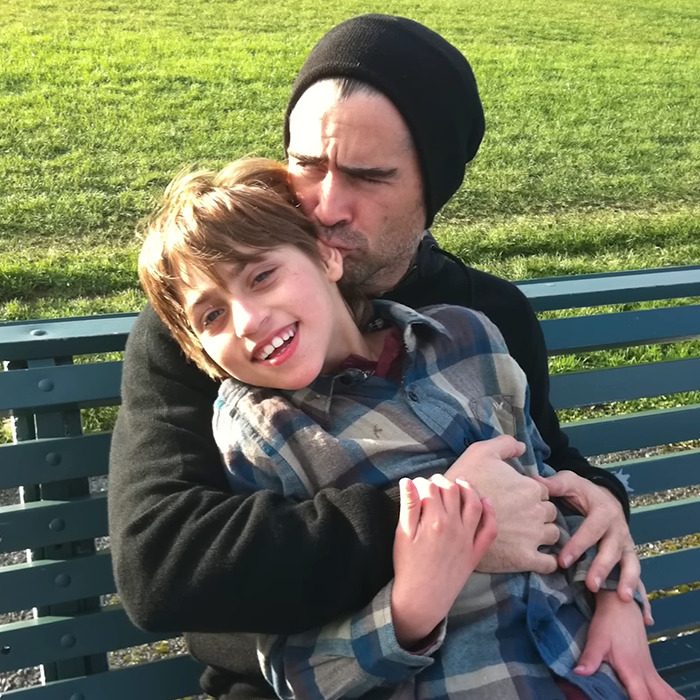
Image credits: People
“That was a downer for sure,” Farrell said of the initial diagnosis, but then James displayed the characteristic frequent, spontaneous laughter present in patients with Angelman syndrome.
“The doctor saw that James was laughing a lot and doing this movement—he waves his hands,” Farrell explained.

Image credits: People
Unlike conditions such as Autism Spectrum Disorder, which are diagnosed through clinical observation, Angelman Syndrome requires thorough genetic testing using either blood or saliva samples.
These tests identify problems with the UBE3A gene, and are able to accurately confirm the diagnosis.
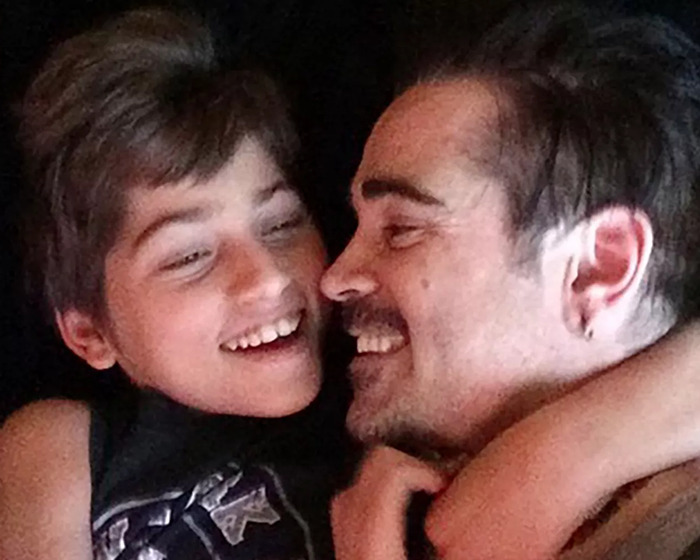
Image credits: People
At 21, James is nonverbal and requires round-the-clock support for daily activities, making regular, specialized monitoring necessary to ensure his well-being. “I’ve been in the back of ambulances, I’ve been in the hospital with him,” Farrell said.
“Thankfully, James hasn’t had a breakthrough seizure now in about 10 or 11 years.”
For the actor, sharing his experience with James is a way to connect with parents going through similar struggles

Image credits: kimbordenave
Managing James’ health involves intensive caregiving and medical management, which the actor illustrated by sharing an anecdote about one of his son’s most severe seizures.
“I’ve done Diastat (also known as Valium, a sedative) up his rectum to get him out of a seizure that lasted longer than three minutes,” the actor shared. “Finding the right amount of medication that doesn’t have adverse effects—that’s all very tricky business.”

Image credits: Bauer-Griffin/Getty Images
Despite the challenges, Farrell was proud to announce that his son was made meaningful progress.
“When he started feeding himself for the first time, his face looked like a Jackson Pollock by the end of it,” he laughed. “But he gets it in. He feeds himself beautifully. I’m proud of him every day, because I just think he’s magic.”

Image credits: kimbordenave
One such magical moment was the powerful memory of James taking his first steps just before his fourth birthday.

Image credits: kimbordenave
“It was so profound,” he told People Magazine. “I’ll never forget just the face of determination on him as he walked toward me. He took, like, six steps, and I burst into tears.”

Image credits: Jeff Kravitz/Getty Images
For Farrell, sharing James’ triumphs and challenges has an important objective: inspiring other parents going through the same ordeals to be strong.
“When you’re the parent of a child with special needs, it’s important to feel that you’re not alone,” he said.
“Great parenting.” Netizens took to social media to reflect on Farrell’s difficult decision


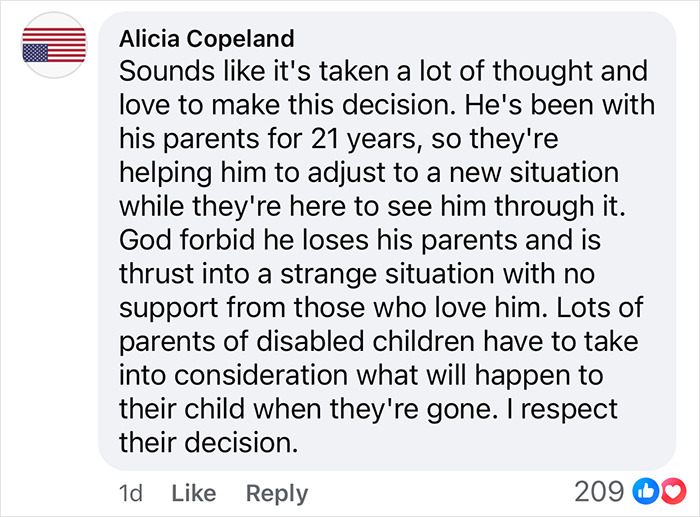


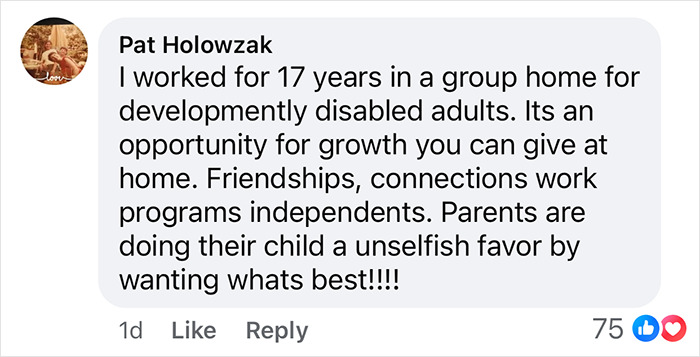

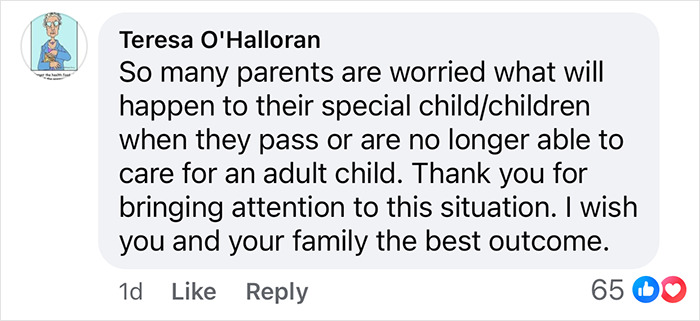


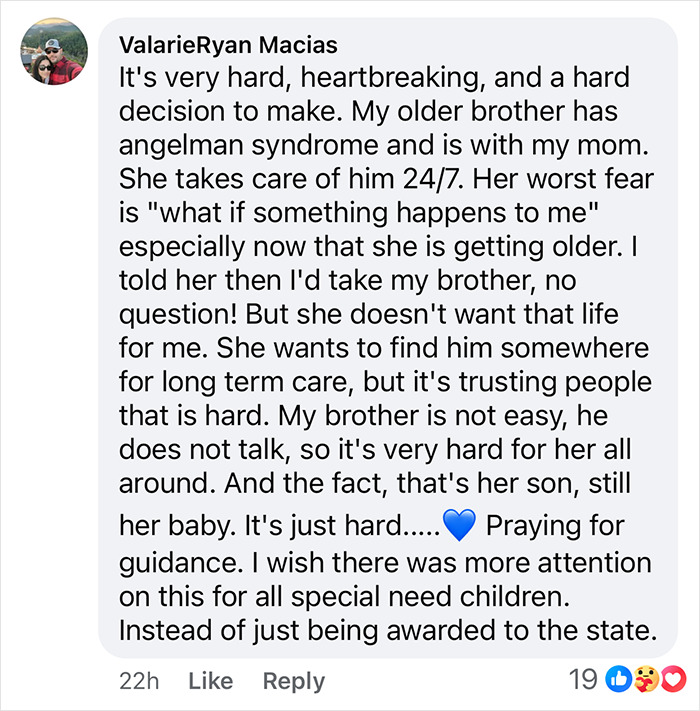
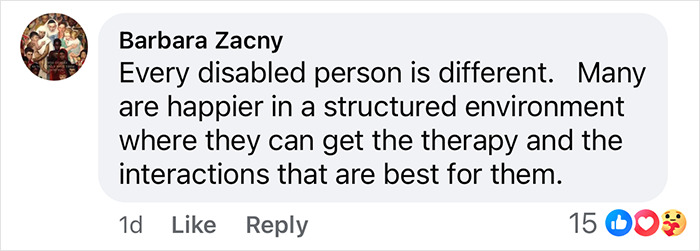






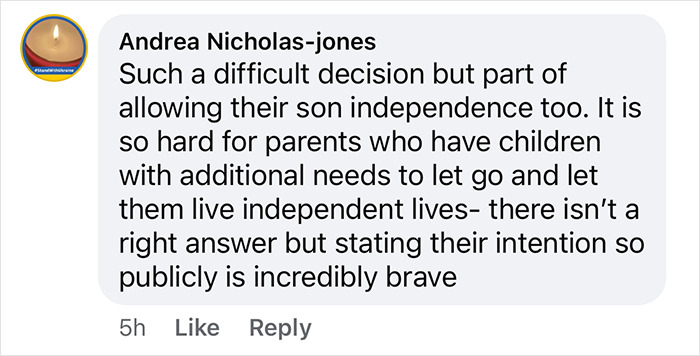
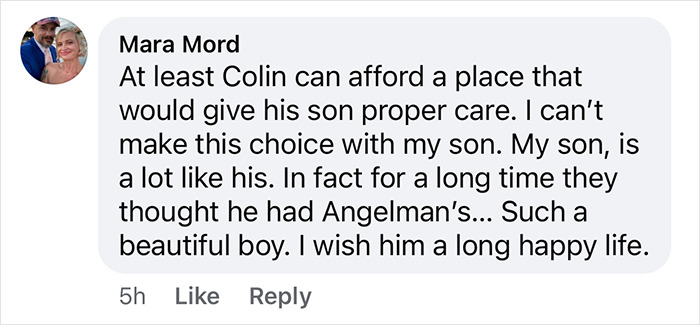

No comments